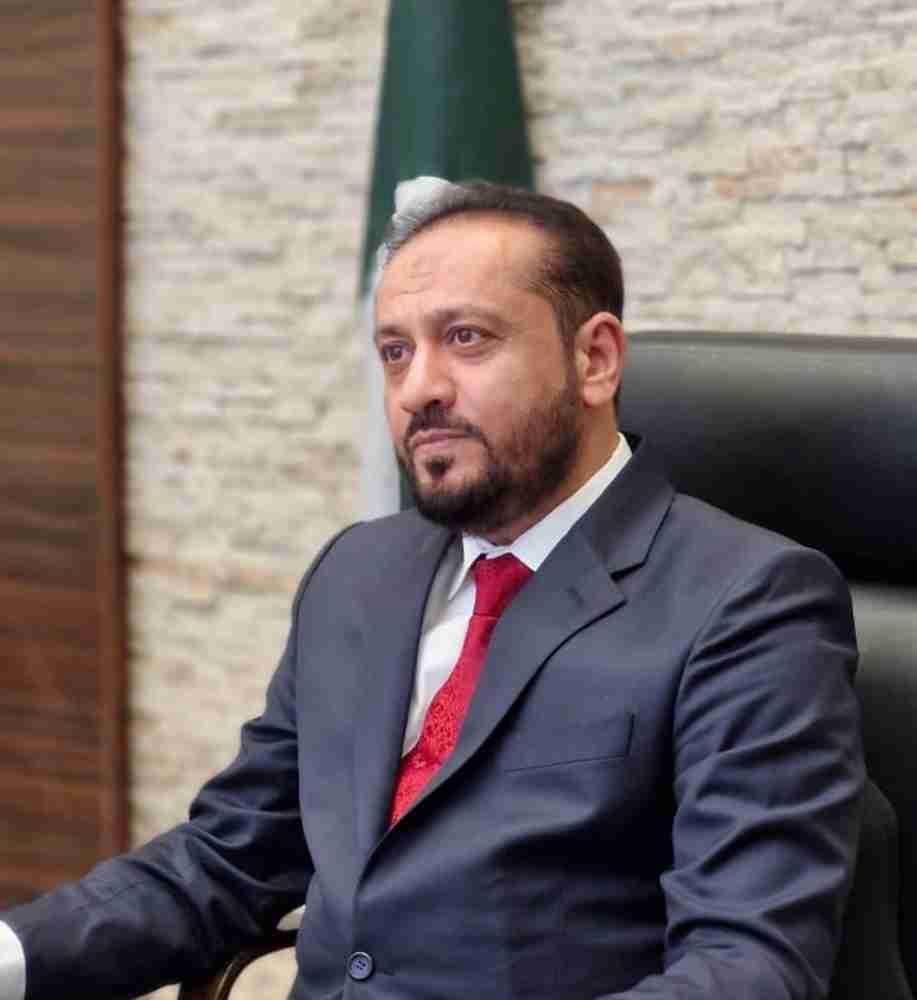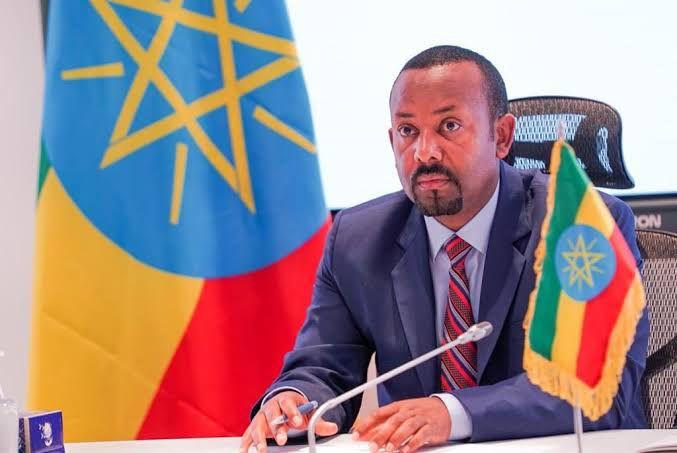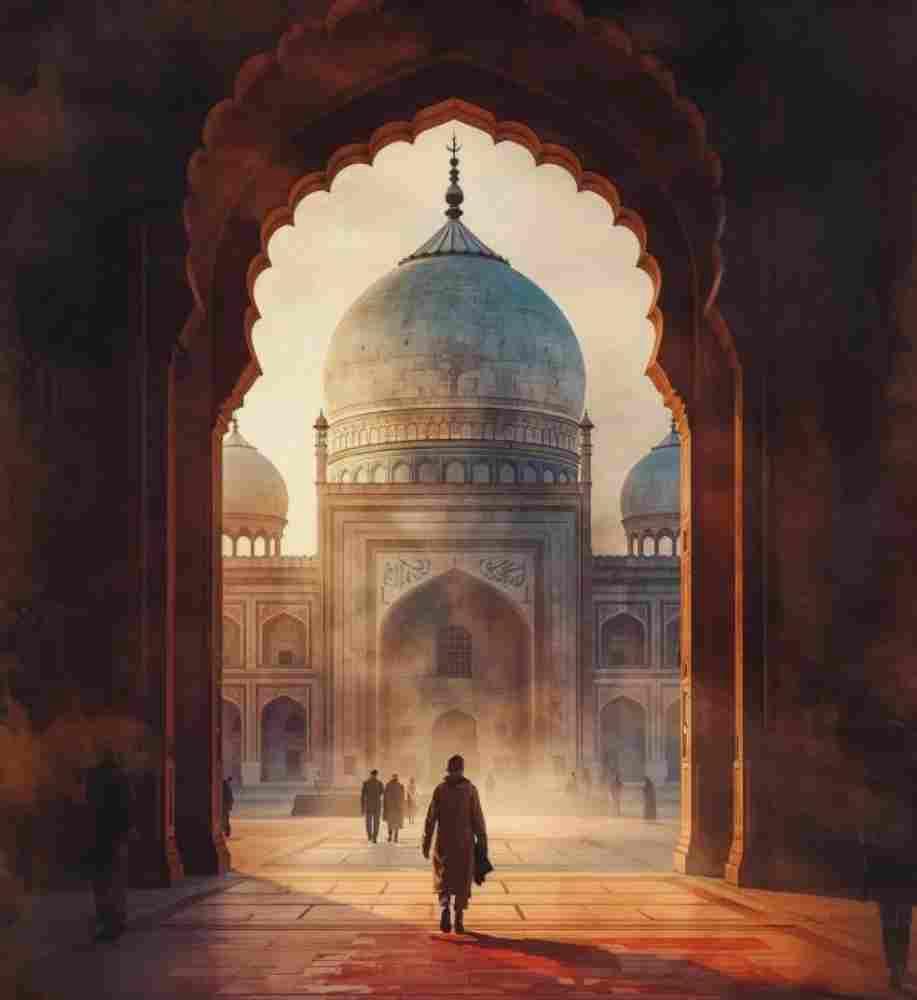On December 27th, 2007, Pakistan lost one of its most charismatic and courageous leaders, Benazir Bhutto, in a tragic assassination that shook the nation and the world. Seventeen years later, the legacy of Pakistan’s first female prime minister remains as relevant and powerful as ever. Today, we remember Benazir Bhutto not only for her political achievements but also for her indomitable spirit, her vision for Pakistan, and the sacrifices she made for the cause of democracy.
A Life of Firsts
Benazir Bhutto was a pioneer. Born into a family of political giants, she became the first woman to lead a Muslim-majority country, shattering stereotypes and overcoming immense challenges. Her leadership of the Pakistan People’s Party (PPP), founded by her father, former Prime Minister Zulfikar Ali Bhutto, propelled her into the global spotlight. Benazir Bhutto’s vision for Pakistan was clear: a progressive, democratic, and just society where all people—regardless of their gender, religion, or ethnicity—could thrive.
Her first term as Prime Minister in the late 1980s marked significant reforms in education, health, and women’s rights. She championed initiatives like the Benazir Income Support Program (BISP), which focused on alleviating poverty and empowering women. Her second term, in the late 1990s, witnessed continued economic reforms, though it was also marred by political turbulence and controversy.
A Champion of Democracy
Benazir Bhutto’s greatest legacy is perhaps her unwavering commitment to democracy. Despite the many obstacles she faced, including the military dictatorship of General Zia-ul-Haq, she never wavered in her dedication to democratic ideals. After her father’s execution in 1979, she became the symbol of resistance to military rule, and her fight for democratic governance was integral to her life’s work. Even in the face of repeated political exiles and personal tragedy, Bhutto remained resolute in her pursuit of a democratic Pakistan.
Her return to Pakistan in 2007, after years of exile, marked a hopeful turning point for the country. Millions of Pakistanis, inspired by her resilience, lined the streets to welcome her back. Her courage in the face of adversity and her willingness to return to a volatile political environment was a testament to her commitment to the cause of democracy. Sadly, this return would be short-lived, as on that fateful day in Rawalpindi, her life was tragically cut short by an assassin’s bullet.
Benazir Bhutto: A Symbol of Sacrifice
Benazir Bhutto’s death was not just a political tragedy; it was a loss to the nation and to the world. Her martyrdom symbolized the high price that political leaders often pay for standing up to extremism and corruption. She had faced numerous assassination attempts before and had often been subjected to threats, yet she continued to fight for the future of her country.
Her martyrdom galvanized her supporters, and the PPP quickly became a symbol of resistance and hope for millions of Pakistanis who believed in her vision of a democratic, progressive Pakistan. The PPP remains a major political force today, with her son, Bilawal Bhutto Zardari, leading the party.
The Continuing Struggle
Though Benazir Bhutto is no longer with us, her ideals and political vision continue to inspire those who strive for a better, more democratic Pakistan. Her unwavering commitment to social justice, education, and women’s empowerment remains an essential part of the discourse in Pakistani politics.
Today, as we remember Benazir Bhutto, we must reflect on the progress Pakistan has made and the challenges that still lie ahead. Her death left an indelible mark on the nation, but her legacy calls on us to continue her struggle for democracy, justice, and equality.
Benazir Bhutto once said, “I will live and die for the people of Pakistan.”Seventeen years later, her words still resonate. As we commemorate her martyrdom, let us reaffirm our commitment to the values she held dear, and strive to build a Pakistan that reflects her dream—a Pakistan that is free, just, and democratic, where the voices of the people are heard and respected.





